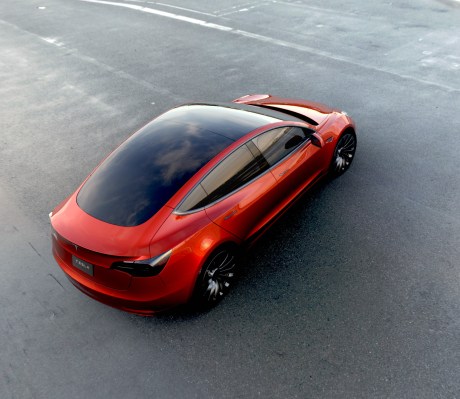Tesla reported wider-than-expected losses in the second quarter, but is sticking to a profitable and cash flow positive forecast for the second half of the year.
Tesla reported a quarterly loss of $717.5 million, compared with a $336.4 million loss in the same period last year. Tesla has had just two profitable quarters in its history, the last of which was reported in 2016. This is the company’s seventh consecutive quarterly loss.
When adjusted for one-time items, Tesla losses were $520 million, or $3.06 per share, compared with $220 million, or $1.33 a share, in the same period last year.
There were some bright spots in its second-quarter earnings, which were reported Wednesday after the market closed. Tesla’s negative free cash flow of about $740 million was lower than expected. The company ended the second quarter with $2.2 billion of cash.
Tesla also reported higher than expected sales of $4 billion in the second quarter, a 46 percent increase from $2.8 billion in the same quarter last year mainly due to Model 3 deliveries. Tesla reported sales of $3.4 billion in the first quarter.
Tesla’s automotive gross margin increased to 20.6 percent under generally accepted accounting principles. The company’s non-GAAP automotive gross margin increased to 21 percent.
Tesla said in its second-quarter earnings that it has hit its weekly production goal of about 5,000 Model 3 vehicles multiple times since it first managed to meet its target in the last week of June.
Tesla said it’s now aiming to produce 6,000 Model 3 vehicles per week by late August, and expects to increase production over the next few quarters beyond 6,000 per week, while keeping additional capital expenditures limited.
The company said it will meet those production targets by improving the use of its existing lines and making selective improvements to address bottlenecks rather than creating entirely new duplicated lines.
“We aim to increase production to 10,000 Model 3s per week as fast as we can,” the company said in its shareholder letter. The company said it expect to hit this rate sometime in 2019.
